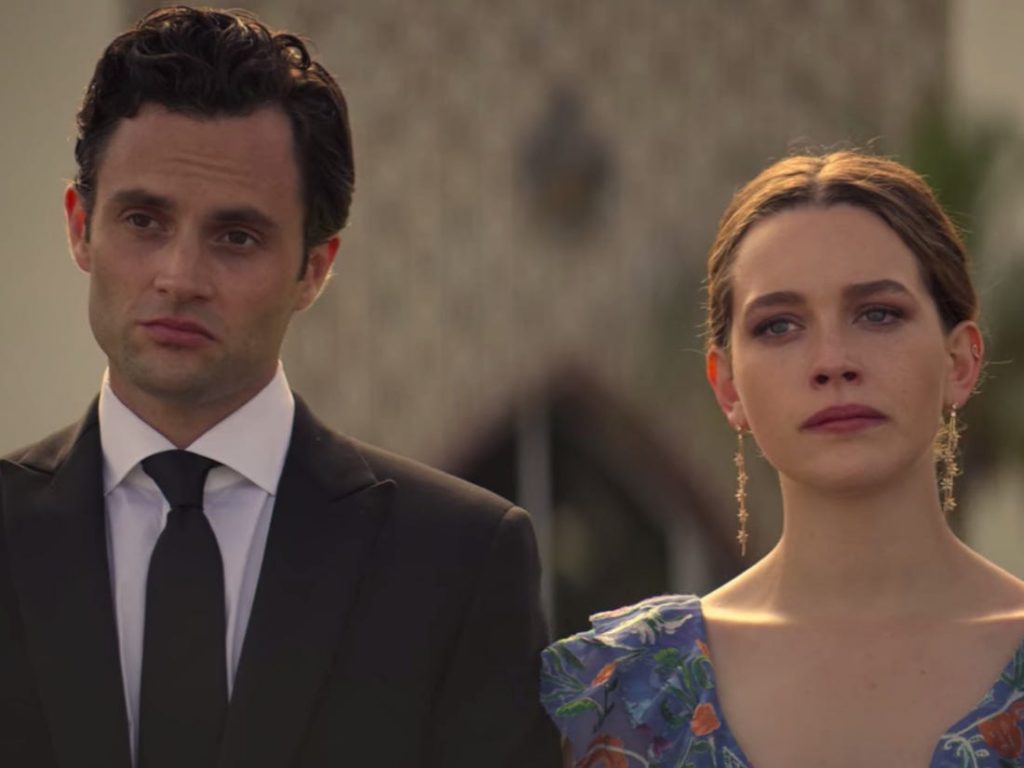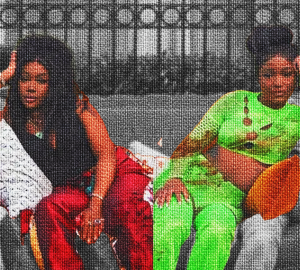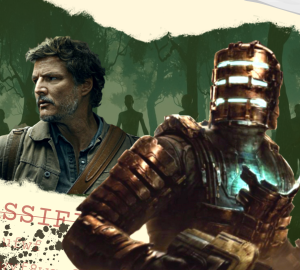‘You’ season two: Interesting, but not important
When the season one of “You” ended with one of the two main characters slaughtered, I thought that was it. And when the show came back for a second season with the same compulsive stalker—Joe Goldberg (Penn Badgley)—chasing another naïve, unknowing love interest, I thought it wouldn’t work.
Well, it did.

All in all, “You” season two unfolded like any decent thriller, with a villain of unclear motive, several cliffhangers, convoluted investigations, explosive characters and gnarly-but-not-quite violence. It also unfolded a lot like season one, but with some self-awareness shown through a complete 180 of the finer details. If season one’s Guinevere Beck (Elizabeth Dean Lail) was a shallow, poor graduate writing student with toxic friends that hate her boyfriend Joe, season two’s Love Quinn (Victoria Pedretti) is a private, compassionate heiress whose friends adore Joe. Season two also begins investigation into Joe’s past to explain his stalk-seduce-murder pattern of behavior as well as Joe’s effort at becoming a better person. All of it makes for a good sequel. But it’s just not as interesting as the show wants us to believe.
It is apparent that “You” wants its viewers to think of it as psychologically important, what with Joe Goldberg’s incessant narration and his beige-colored childhood flashbacks-slash-dreams. And yet it offers no fresh insights. The flashbacks, an attempt to locate the source of Joe’s sociopathic behavior, felt as manufactured as it is corny. Maybe in an alternate universe (like 2007) the trick of drawing dotted line between (A) behavior to (B) incident for the audience to connect might feel like a smart, wow-worthy trick. But in this universe (which has seen plenty cool psychological thrillers since 2007), it is just not that impressive. And yet, the show’s insistence to act like it is makes it feel half the time like it was a parody of a thriller and not actually one.
On top of that is the continued application of stereotypes — covering Instagramming teenagers, Los Angeles valley girls, hippie Liberals, and more. They are played out as punchlines and jokes, meant to be ironic; Joe’s inner narration berates them constantly, but often goes on to take them very seriously. It’s a bizarre, “Inception”-like case when the show’s attempt at playful self-awareness actually lacks self-awareness. The only comparable instance I can think of is from “Riverdale” where Jughead Jones (Cole Sprouse) delivers his infamously bad line: “In case you haven’t noticed, I’m weird. I’m a weirdo. […] Have you ever seen me without this stupid hat on? That’s weird.”

Acting-wise, Badgley, who got his fame from “Gossip Girl,” and Pedretti, from “The Haunting of Hill House,” gave great performances. Pedretti gives us enough conflict and mystery to her character to keep us guessing, and Badgley nailed his intense, veins-popping, eye-bulging look (think a murderous George Clooney). Their acts are realistic enough to be unnerving, but at times disastrously ruined by weird, Wattpad-worthy dialogues that are somehow non-ironic — another tell of a show that takes itself way more seriously than it should.
Between surging forward with emotional heaviness and backpaddling with self-awareness, “You” feels like a show that still hasn’t figured out how to present itself. But it sure did figure out who its characters are, though none too subtly. What with the grisly murders and the provocative season’s finale, viewers can surely expect an entertaining third season. It just won’t be a deep one. I’m ready to be fine with that. The question is, is the show ready to be fine with that?


























